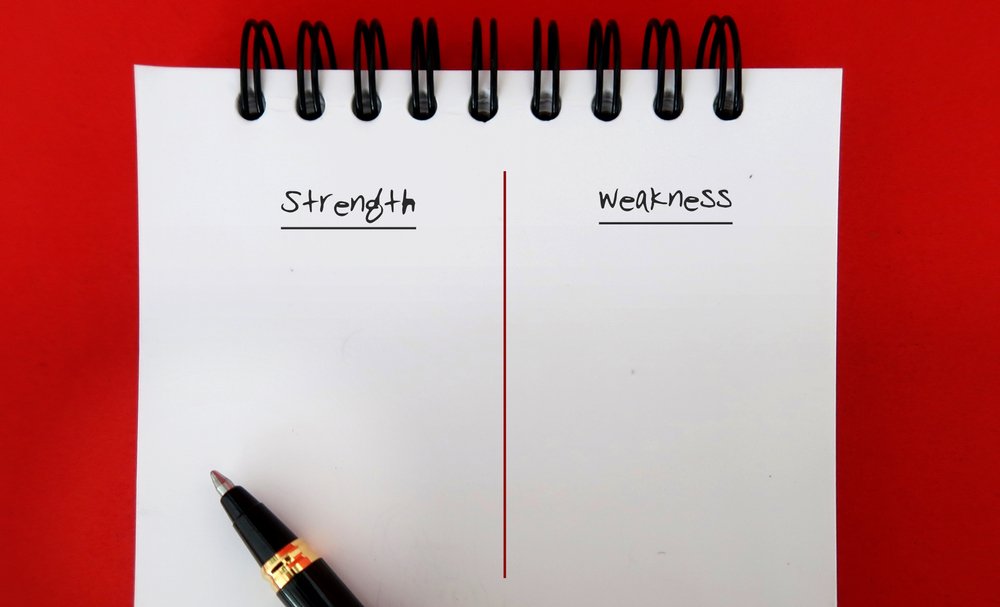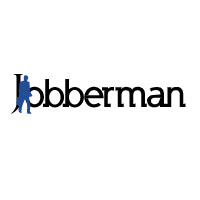
Get Paid to Share Your Expertise
Help shape the future of business through market research studies.
See Research StudiesThis is unarguably one of the most difficult of questions asked during interviews because it requires a response drawn from the deepest of thoughts. As with other questions asked in an interview, this question determines whether you are the right candidate for the job, or not.
The ‘greatest weakness’ question is a behaviour-based interview question – after testing candidates’ skills and how competent they are for a particular job, employers tend to go slightly “personal” with prospective employees to determine how well they would work together.
The truth is, a well experienced interviewer must have heard over a thousand trite responses to this question. We (including your prospective employer) know that no one is perfect. The interviewer expects you to disclose a weakness, especially if you are a recent graduate with little or no work experience. Hence, giving a wrong response could reflect poorly on you — you could come across as displaying self-importance, or as someone who doesn’t completely understand him/herself.
Essentially, there are four things you should do to answer this question.
1. Prepare.
You don’t wake up one morning and decide to ace an interview without adequately preparing. Just as it is wrong to have a general résumé/CV for every job application, it is also wrong to assume you’ll be asked the same set of questions in different interviews. While practicing, draft a list of your strengths and weaknesses, and align each strength or weakness to the specific job or task. Unless you’re a soothsayer, you can’t predict what you’ll be asked during an interview. It’s better to anticipate this question (along with others) prior to the interview and diligently prepare to answer it, than to have prospective employers help you answer the question during interviews.
2. Relax.
Sometimes the interviewer only wants to test how well you handle difficult questions, and may not be bothered by your weakness. You qualified for the interview, so you probably have something the organisation needs. Merely displaying a positive attitude towards work could be all that you need to land the job. Don’t expect the worst and get in a “sweat” about answering this question.
3. Build trust.
Creating a positive first impression is a good step towards building great relationships. A genuine smile, confident handshake, great personal appearance are solid starting points, but the part of the interview where you admit a weakness, something to make your interviewer feel you can be trusted, can give you a real advantage.
Be diplomatic in your response; make the end of your description a positive. Don’t be defensive. Give a strength that best matches the weakness, or an assertion that you are working on that particular weakness. Make it easy for the interviewer to trust you, but be careful not to make him/her have second thoughts about giving you the job you’re hoping for.
4. Be yourself.
Trying to impress the interviewer by falsely claiming expertise, or lying about a weakness, may hurt your chances of landing the job — particularly when the interviewer probes more deeply and you offer up another weakness or you’re silent. The key to answering this question is to mention a weakness that can be worked on and show you are paying attention to it. You can find clues for possible responses from sample responses in job-interview books and on the web. However, you need to know what works for you and avoid giving cliche responses. While there are general questions and standards, there are no general responses. Interviewers know when they hear something new, or the same thing said differently. The best way to enjoy an interview is to be genuinely YOU. Avoid beating about the bush by keeping your answers as succinct as possible.
One quick assignment that will jump start some self reflection:
-
- Consider your strengths and weaknesses.
- Think about how well you can leverage your strengths.
- Think about the extent to which your weaknesses can affect your work and/or career goals.
- Consider how you’ve been able to manage your weaknesses and how you’d resolve them?
View the original article contributed by Jobberman here. Jobberman is a career advice and employment information blog, providing executives with tips, resources and how-to guides.

 Jobberman Jobberman
Jobberman Jobberman